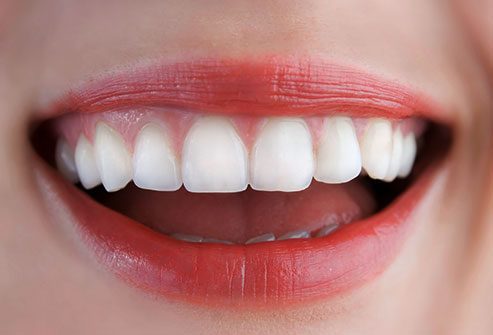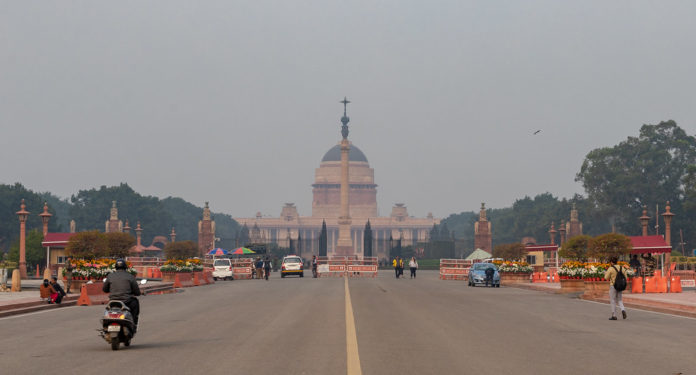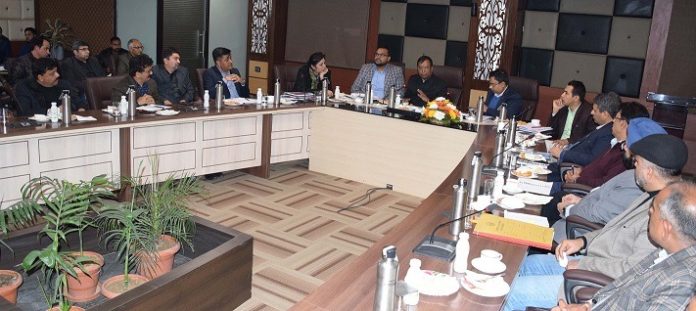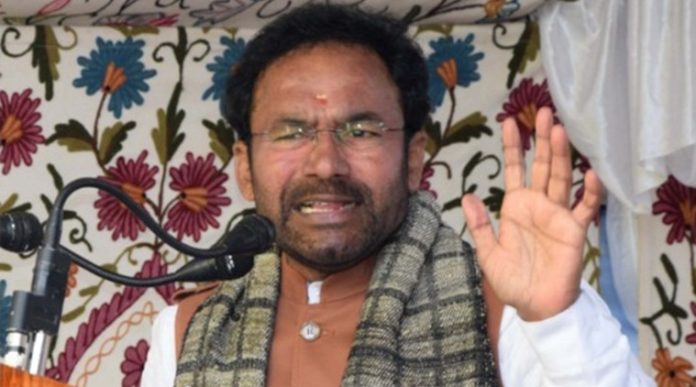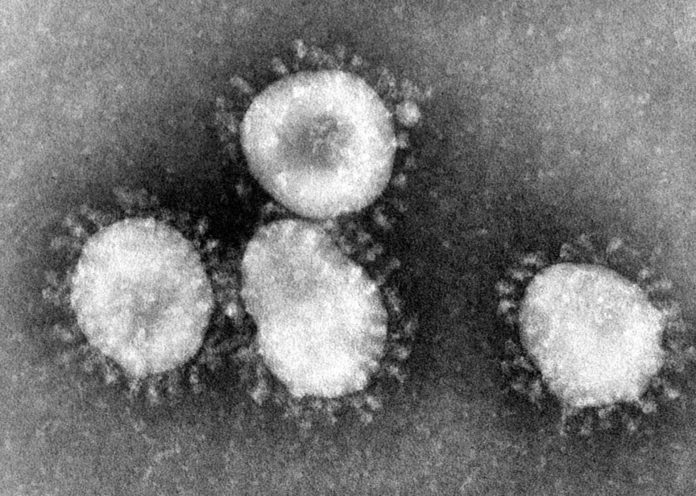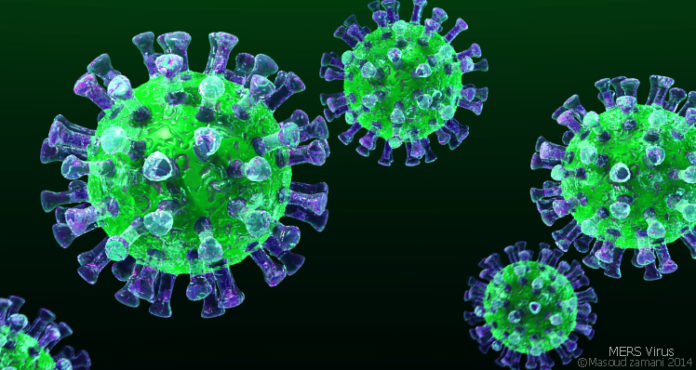Mubashir Bukhari
Ganderbal (NVI): Union Minister of State for Home Affairs, G Kishan Reddy today said that investors desiring to set up industry in Jammu and Kashmir, will be allotted government land only.
Addressing people at Mini-Secretariat Balham n Ganderbal district, Reddy said, “People need not to worry as only government land will be allotted to the investors for setting up their units. No private land shall be acquired for setting up industry by any outside investor, “he said.
As a part of Centre’s reach-out programme, Reddy landed in Srinagar on Wednesday morning and headed to Ganderbal for his scheduled programme.
Reddy was accompanied by Advisor to Lt. Governor, Rajeev Rai Bhatnagar, Principal Secretary Home Affairs, Shaleen Kabra, DDC, Ganderbal Hashmat Ali Khan and other officers.
Multiple delegations including Panch, Sarpanchs, Block DevelopmentCouncil members, youth activists and locals met him to raise their concerns.
The union minister saidKashmir lagged behind only because ofthe “unabated” corruption during last 70 years. “But now PM Modi led BJP is committed to equal development of all the sectors in Kashmir, “he said.
The union minister said the central government’s schemes will be properly utilized for benefitting the people.
Describing relevance of Kashmir’s scenic beauty, Reddy remembered how famous Bollywood personalities use to come to Kashmir for shooting.
“But from last few years, very less number of films are being shot here. But we will now create such an environment so that, previous glory is back to Kashmir and more and more actors will come back to Kashmir. ”
He hailed administration for successfully holding “free and fair” Block Development Council (BDC) polls in the state.
During his interaction with the newly elected Block Development Council representatives, the Minister reiterated that the conduct of BDC elections in Jammu and Kashmir was a big step towards the empowerment of people. He said that through these representatives the government gets firsthand account of people’s grievances and feedback on different initiatives.
Calling these BDCs as “voices of people”, Reddy said they will redress the issues raised by the BDCs in the meeting.
Answering the queries of one the block development council about fate of PDD employees, Reddy assured that despite corporation taking over the power sector in J&K, it will have no impact on employees. “The corporation is for the betterment of employees and people in general, “he said.
Reddy said that the agenda to visit the place is to meet people, listen to their issues and come up with a developmental plan in all spheres.
The Minister distributed pension cards among the widows and downtrodden under Prime Minister’s Pension Yojana.
He said that the Union government has come up with the concept of Golden Card through which deserving segments of the society can afford the treatment of upto Rs 5 lakh. He said so far 3.5 lakh families have received this card in J&K.
In his address, the Minister assured the people of the area that the Union government is committed to develop villages on modern lines and electrification of all inhabited villages through the Saubhagya scheme is one step towards that.
The Minister later e-inaugurated multiple developmental projects in the district, with a total estimated cost of Rs 20.39 crores, which includes construction of multipurpose hall at Government Degree College, construction of mini pavilion block at sports stadium, construction of 100 bedded girls hostel, development of Nininara Island in the Manasbal Lake.
He also laid foundation stone for the construction of two lane byepass road from Ganderbal to Duderhama upto district head office complex, which he said was a long pending demand of people and will serve as a byepass to Kheerbawani temple. He said that road connectivity is imperative for growth and development of an area and the Centre is pushing hard towards it.



